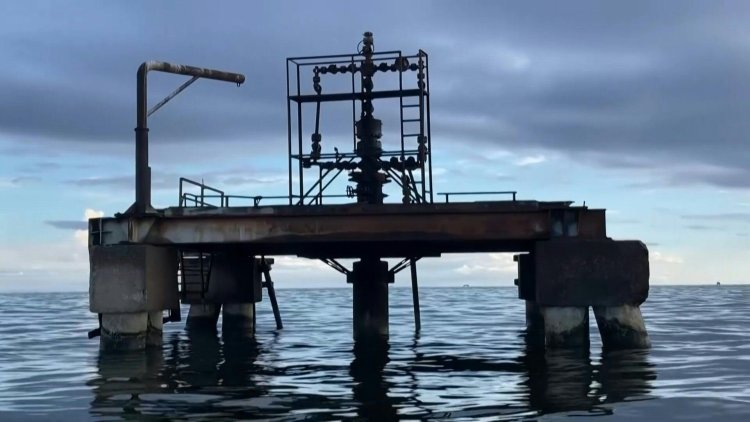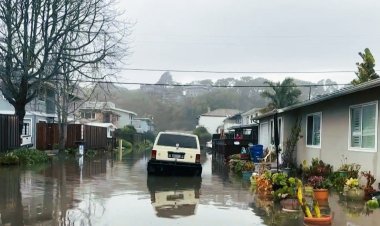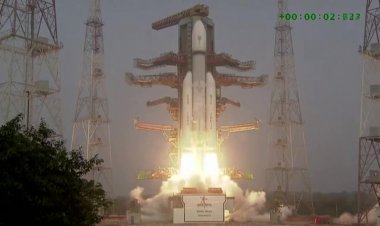Venezuela unlikely to make up for banned Russian crude: experts

Its once-flourishing oil industry decimated by corruption, poor management and US sanctions, Venezuela's vast crude reserves are unlikely to make up for banned Russian oil even if Washington eases measures against Caracas, experts say.
Eyebrows were lifted last weekend when a US delegation held a hushed meeting with Venezuela's controversial leader Nicolas Maduro, whose very legitimacy as president it disputes.
It came as Washington scrambled to replace Russian oil and gas imports which it banned over Moscow's brutal invasion of Ukraine in a bid to choke off revenues for President Vladimir Putin.
The United States now has to make up an import shortfall of 700,000 barrels per day while also seeking to stabilize prices by boosting supply on the international market.
Venezuela -- a close Russia ally -- sits on the world's largest proven reserves of crude, and the United States was its biggest client until just a few years ago.
But oil economist Rafael Quiroz of the Venezuela Central University said Washington was in for disappointment if it was looking to the South American nation for relief.
"It is not an option," he said.
"For Venezuela to be an option it would need to have the ability to increase production."
Venezuela was once one of the world's 10 largest oil producers.
By 2008, the then-Latin American economic heavyweight was producing 3.2 million barrels of oil a day.
Just 13 years later, it can muster only about 500,000 to a million barrels per day amid a grinding economic crisis marked by years of recession and hyperinflation.
The country now struggles even to satisfy domestic demand and commitments to China, India and other countries.
Matters were not helped by US sanctions imposed in 2014 and intensified by Donald Trump in 2019 as part of a bid to force Maduro from office.
Washington and dozens of other countries view Maduro's 2018 re-election as fraudulent, and recognize opposition leader Juan Guaido as Venezuela's legitimate leader.















